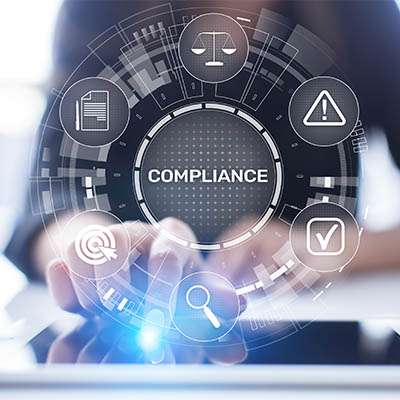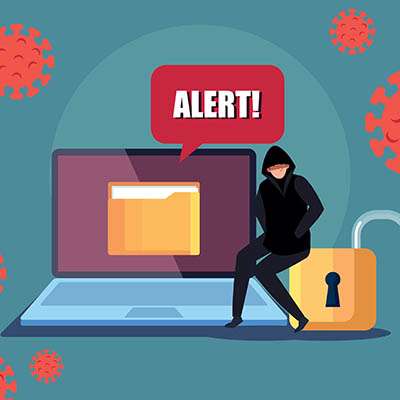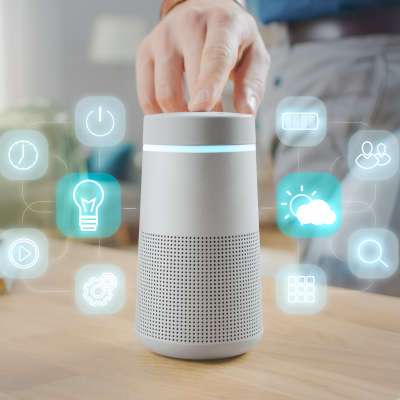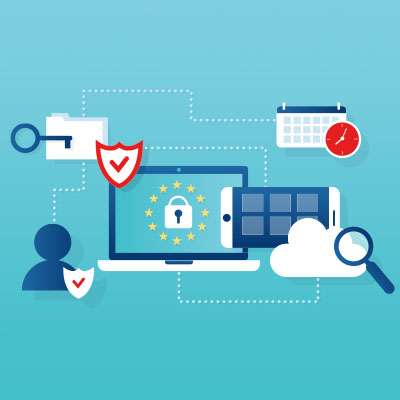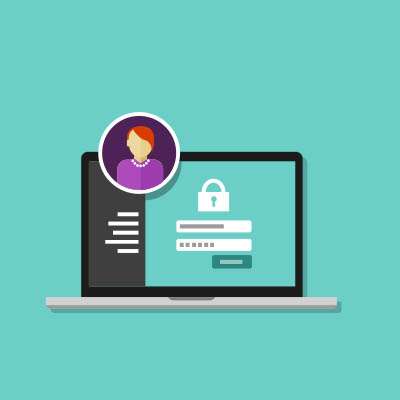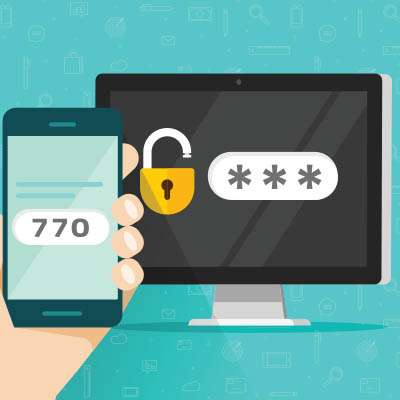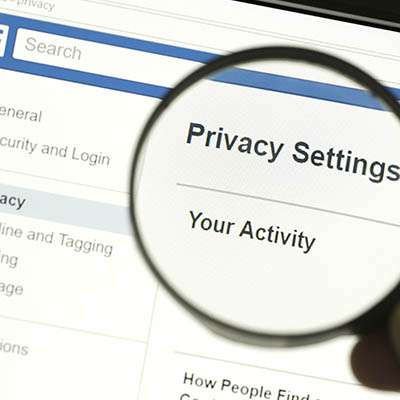Have you ever wondered how some platforms will only have you log in once for all of your numerous needs, even though they might be different applications, websites, or services? This is basically what single sign-on is, and it’s common in the modern technology world. What is single sign-on exactly, and what kind of security does it actually provide for companies that utilize it?
Macro Systems Blog
When we talk about data privacy in a business, the default is to usually think about the data the business has collected and compiled from its clientele. On the other hand, that’s just one type of data a business has. There’s also a lot of data that is collected by the business about that business’ employees. So, how well protected is this data?
With so many employees still working remotely, businesses have turned to technology to make sure that their workers are actually working. While the need to know what your employees are up to throughout the workday is important, there is now a discussion happening on whether or not this violates employees’ privacy.
Most organizations have compliance regulations they need to meet. 2021 is becoming somewhat of a tipping point for some. Businesses are dealing with the development of new data privacy laws that will surely add some responsibilities on top of already established regulations. Below is a look at compliance and why it is critical to stay on top of it.
Facebook is many people’s favorite, or at least most used, app and it does offer value by letting them keep tabs on friends and family or grow their businesses. It has grown to be one of the largest, most successful software technology companies in the world. Alas, with that type of exposure comes the responsibility of securing massive amounts of personal data. In this quest, they leave a lot to be decided. Listed below is a look at the situation Facebook is in as they are dealing with one of the largest data leaks in history.
A lot has been made about biometric authentication over the past decade, so much so that it has been loosely integrated into a lot of the access control mechanisms on most of today's mobile devices. Fingerprint scanners, retina scanners, and facial recognition are all part of the transition to biometrics to upgrade security and privacy. However, for today's businesses, implementing biometrics can have some major disadvantages. Listed below are the pros and cons of biometric authentication.
Keeping your network and infrastructure safe from cyberthreats is always a priority, but with so many people working remotely, businesses have encountered problems doing so. In fact, hackers and scammers have come out of the woodwork to try and gain entry into unauthorized networks or to steal data. Below is a look at how the COVID-19 pandemic has exacerbated the threats out there.
Security is a major part of any business, and if there isn’t a diligent approach to the implementation of it, you can be left with huge holes in your network. Below we highlight some of the best practices you can take to make sure that your organization’s security is in the best possible position to protect your digital resources.
Smart assistants usually appear in the office and home, so much so that the novelty seems to have finally worn off and they are now just another appliance. Like any other appliance, there are a few quirks that can be frustrating to deal with. For example, anyone living around these devices has shared a particular experience: the device registering something as a wake word that certainly wasn’t meant to be the wake word.
What if all our personal data in existence was exposed? If every text message sent, every Internet search executed, every website viewed, everything we had ever done online, was made public? Gizmodo recently reached out to some experts for their insights. Listed below are their responses for you to consideration.
Personal information is very, very valuable, especially in this increasingly digital modern day and age. This makes it incredibly imperative that you are doing everything you can to protect it in your business, whether it is your own or belongs to somebody else. Listed below are a few tips to help you better protect the data you’re responsible for.
As you manage your business, there is a lot that you’re going to have to oversee - including how much access your employees have to the data you have gathered and generated throughout your operations. An access management policy can help you to accomplish this. Listed below is a review of a critical features you need to include in your strategy.
Almost everyone utilizes Google in some way or another; the search engine is, by far, the most common way people get answers and find content online. Google currently handles about 90% of search queries, while the second and third place goes to Yahoo and Bing, who share just below 5% of the search market share.
Google curates the search results on the fly based on a lot of variables including where you are located, what type of device you are on, and your online surfing habits. This means Google is gathering a lot of information about how we use the web to give us a better experience. Below is a look at how you can control what Google knows about you to better protect your privacy.
There's a reason we’ve been discussing Facebook quite a bit on our blog: we’re all concerned with our privacy, and Facebook has been notoriously front-and-center when it comes to Internet privacy. In this post we will break down Facebook’s privacy settings to help you gain control over your personal identity while using the social network.
There’s a reason that cybercrime is so common these days: it is no longer reserved for those with substantial programming knowledge to profit from. Now, according to a report by Deloitte entitled Black Market Ecosystem: Estimating the Cost of “Pwnership”, there is a complete economy built around easily accessible hacking tools that don’t require specialized knowledge to be utilized.




